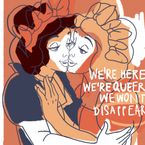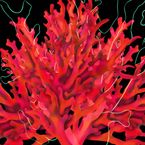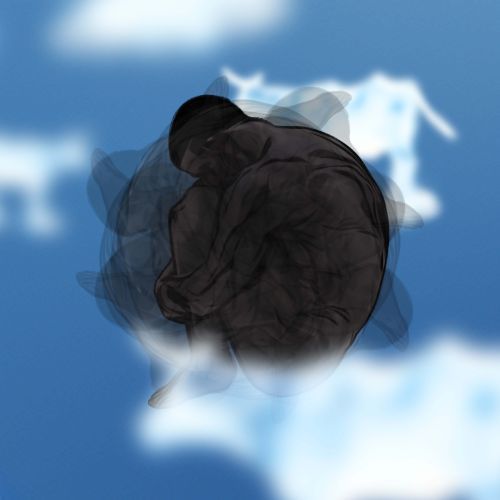Sanctions on Iranian moralists and Toyota factory in Myanmar
The UK has announced sanctions against Iran’s morality police and their commanders in response to the violent repression of protests following the death of 22-year-old Mahsa Amini. The sanctions include a travel ban to the UK for those affected and a freeze on their assets. Similar sanctions have already been imposed by the US and the European Union also intends to introduce them. The morality police are responsible for, among other measures, street patrols forcing women to wear the hijab and attend re-education classes on modesty and cleanliness.
The U.S. Department of Commerce has passed legislation that could block access to advanced chips for Chinese research labs and commercial data centres, prevent the purchase of manufacturing equipment for Chinese chip plants, and force U.S. citizens employed by Chinese companies working in the industry to give up their jobs. The China Semiconductor Industry Association, China’s leading trade group for the chip sector, has warned that the US government’s decisions could put more pressure on global supply chains.
After the putsch in Myanmar (former Burma) in February 2021, many foreign companies ceased operations there. Meanwhile, Toyota Motor Corporation has just started assembling cars in a Myanmar factory in the Thilawa special economic zone. The factory is owned by Toyota and its commercial division, Toyota Tsusho, and Hilux pick-up trucks for the local market are assembled there. Originally, Toyota was to invest US$52.6 million in the factory.


























